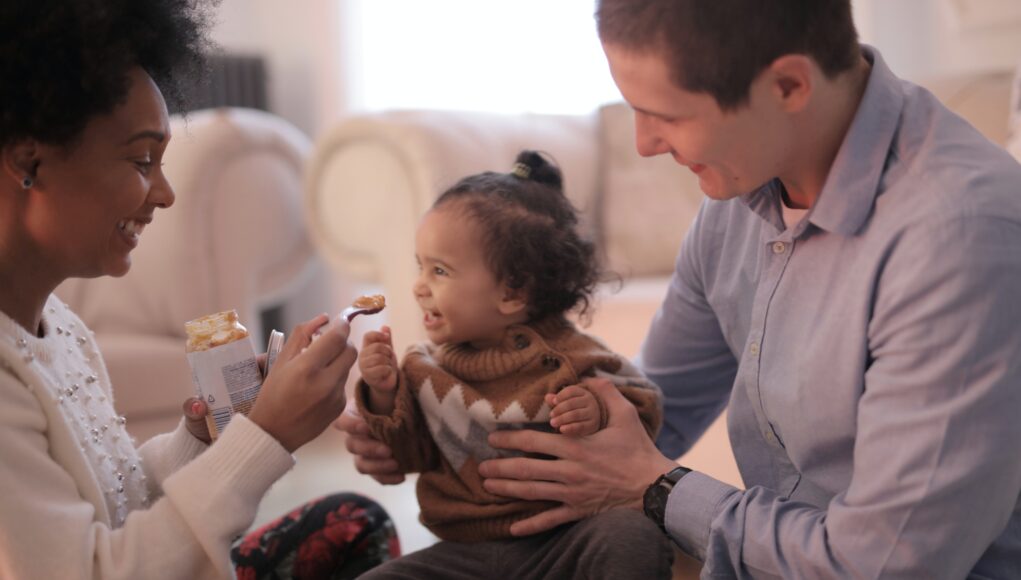The parent-child relationship is a powerful bond that shapes a child’s emotional well-being, development, and future relationships. Nurturing a positive connection with your child is essential for their overall growth and happiness. In this blog post, we will explore effective strategies to foster a positive parent-child relationship that can withstand challenges and flourish over time. Let’s delve into the key ingredients that contribute to building a strong and loving connection with your child.

1. Effective Communication

Communication forms the foundation of any healthy relationship, and the parent-child bond is no exception. Foster open and honest communication by actively listening to your child, expressing empathy, and providing a safe space for them to share their thoughts and emotions. Encourage dialogue, ask open-ended questions, and be attentive to their verbal and nonverbal cues.
Effective parent-child communication, fostering open dialogue, building trust with your child.
2. Quality Time and Presence

Allocate dedicated quality time to spend with your child, free from distractions. Engage in activities that your child enjoys and create opportunities for shared experiences. Be fully present during these moments, actively participating and demonstrating genuine interest. This undivided attention sends a powerful message of love and builds a strong parent-child connection.
Importance of quality time with children, building connection through shared experiences, being present as a parent.
ALSO READ: WAYS TO IMPROVE YOUR RELATIONSHIP WITH YOUR DAD | HOW TO MAKE YOUR DAD HAPPY
3. Mutual Respect and Empathy

Respect is the cornerstone of a positive parent-child relationship. Treat your child with respect, acknowledging their feelings, opinions, and boundaries. Empathy plays a crucial role in understanding their perspective and validating their emotions. Show empathy by actively listening, validating their experiences, and offering support and understanding.
Mutual respect in parent-child relationship, fostering empathy in parenting, validating children’s emotions.
4. Consistent Discipline and Boundaries

Establishing clear and consistent discipline and boundaries is vital for creating a secure and respectful environment. Set age-appropriate rules and expectations, explaining the reasons behind them. Ensure consequences are fair and balanced, focusing on teaching rather than punishment. Consistency provides stability and helps children develop a sense of security.
Positive discipline strategies, setting boundaries with children, teaching through consequences.
5. Celebrating Individuality and Encouraging Independence

Support your child’s individuality and encourage their autonomy. Recognize and celebrate their unique strengths, talents, and interests. Allow them to make age-appropriate choices and decisions, fostering a sense of independence and self-confidence. Show unconditional love and acceptance, empowering them to embrace their true selves.
Nurturing individuality in children, supporting independence, embracing uniqueness in parent-child relationship.
6. Practicing Patience and Understanding

Parenting requires patience, especially during challenging moments. Cultivate patience by understanding that your child is learning and growing. Remain calm in stressful situations and practice effective stress management techniques. Approach conflicts with understanding, seeking solutions together, and teaching problem-solving skills.
Importance of patience in parenting, understanding child development stages, conflict resolution in parent-child relationship.
Conclusion
Fostering a positive parent-child relationship is an ongoing journey that requires dedication, time, and effort. By prioritizing effective communication, quality time, mutual respect, consistent discipline, celebrating individuality, and practicing patience, you can cultivate a strong and loving connection with your child. Remember, every interaction is an opportunity to strengthen your bond, and the rewards of a positive parent-child relationship extend far into the future, impacting their emotional well-being and their ability to form healthy relationships.


































